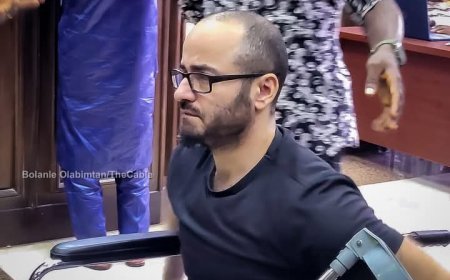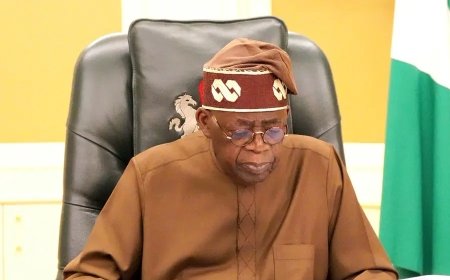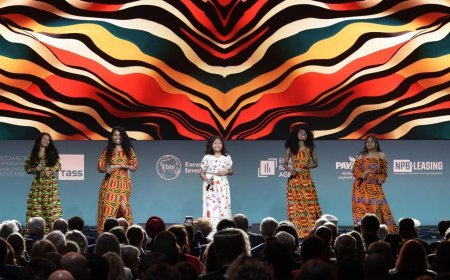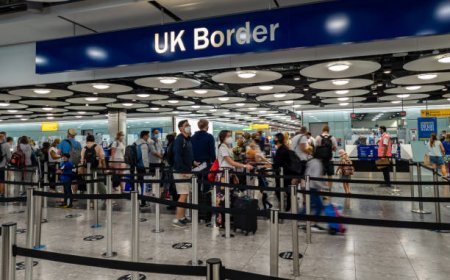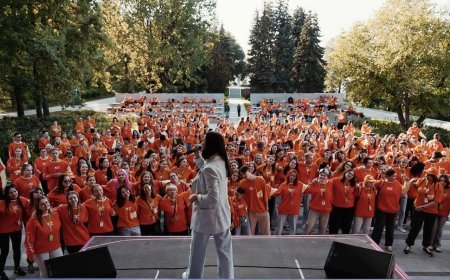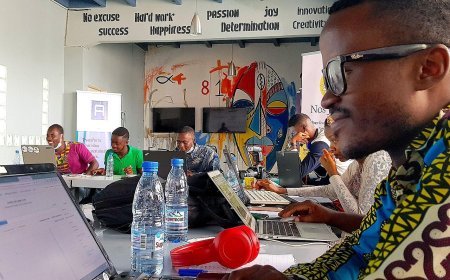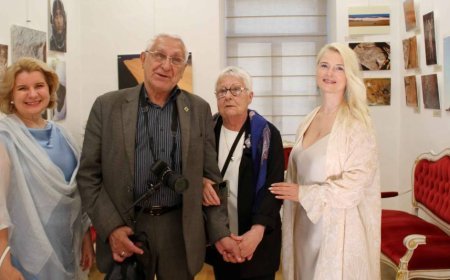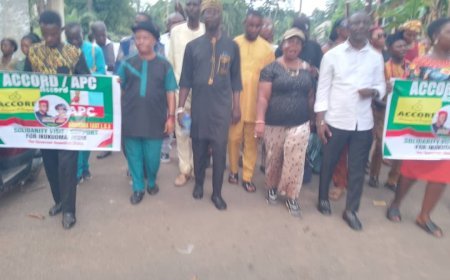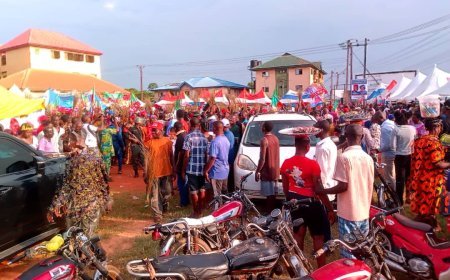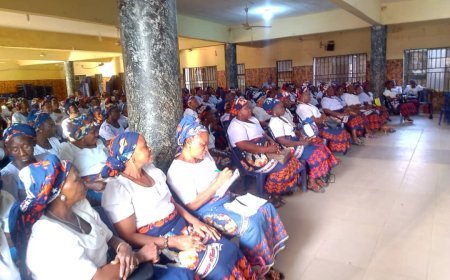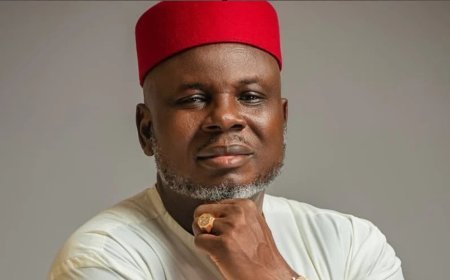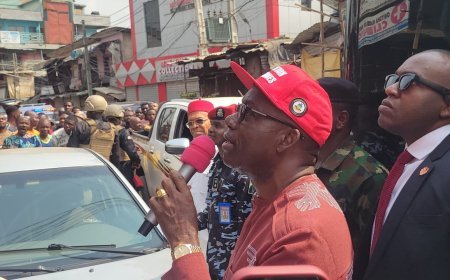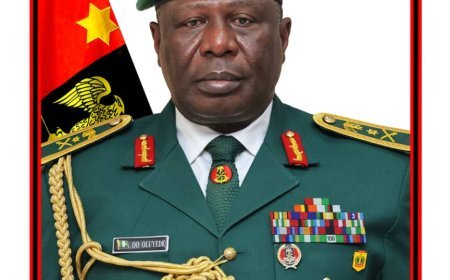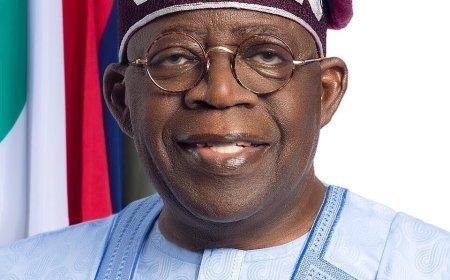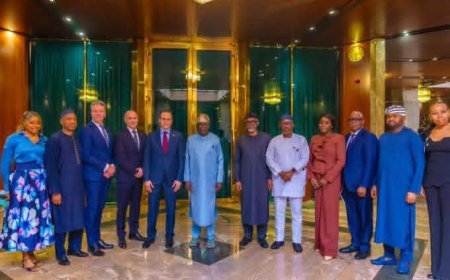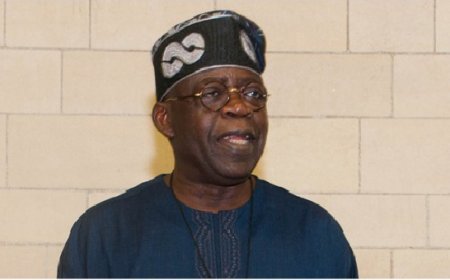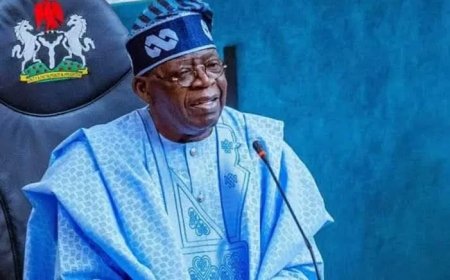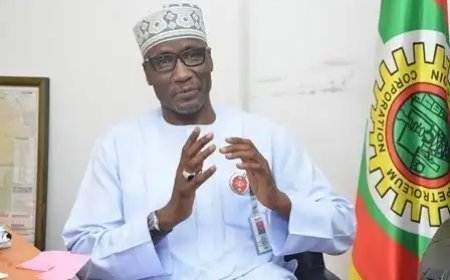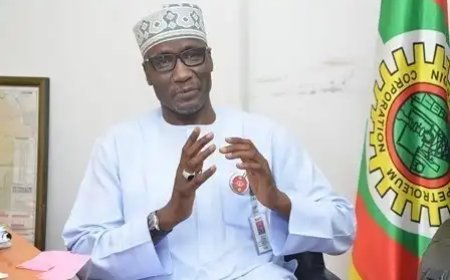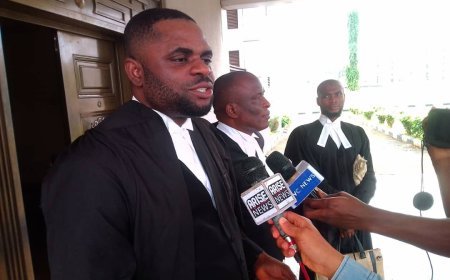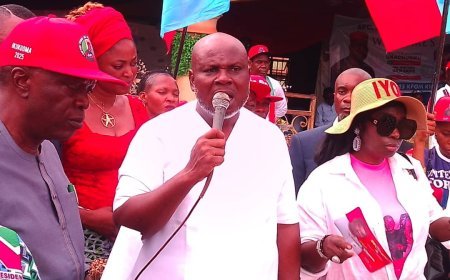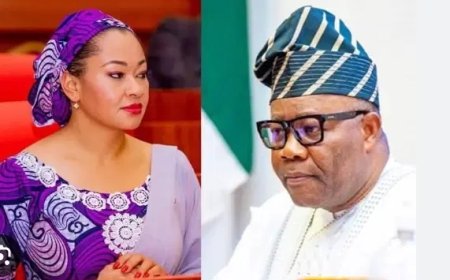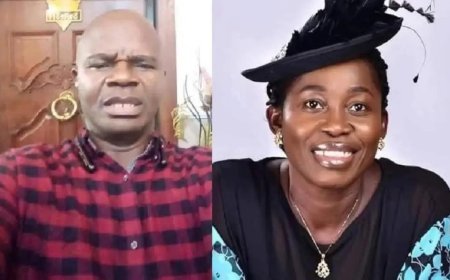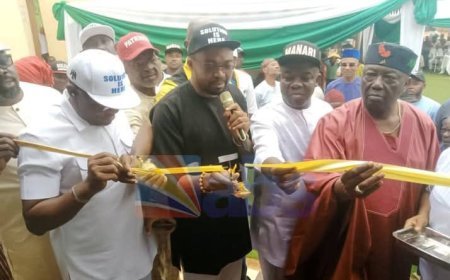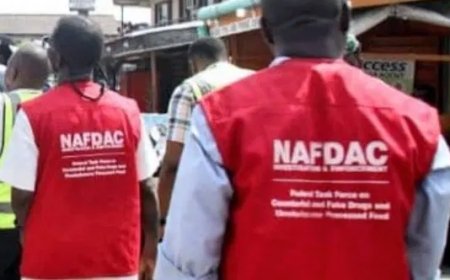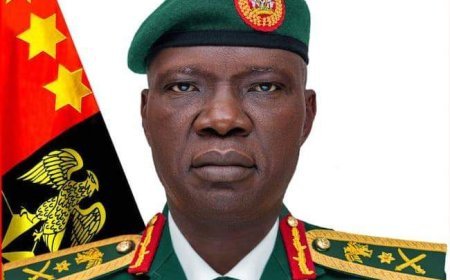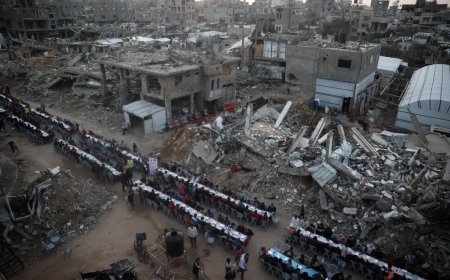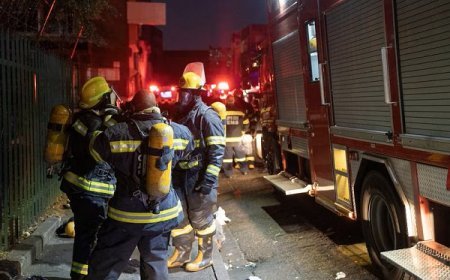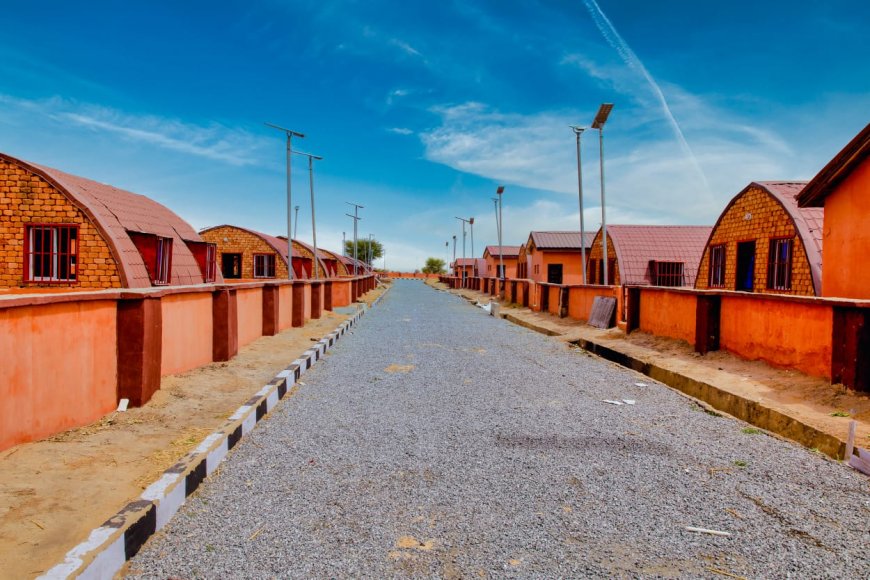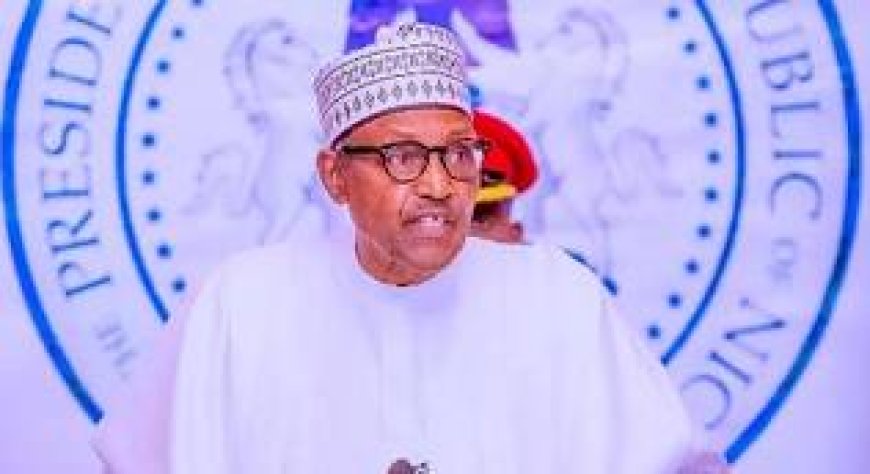World Public Assembly, WPA, a de facto United Nations
OMOARELOJIE Ernest, Abuja.
Moscow is gradually and increasingly becoming a reference centre for nations across the globe in search of self-discovery and a world without divisions. In addition to being a major brain behind the emergence of BRICS, the uniquely global south organization, dedicated to the emergence of a new global order, it has also hosted the First World Public Assembly, WPA, a de facto United Nation Genetal Assembly, for all nations seeking a unique platform for dialogue.
The Assembly, as the global group is fondly referred to, brought together young people, politicians, diplomats, entrepreneurs, journalists, cultural and scientific figures from across the globe for a dialogue on peace, trust, spirituality and responsibility. The gathering, which took place in Novgorod, the oldest, very picturesque city in Russia, ended on Saturday, September 21, 2025, amidst pomp and ceremony.
Dedicated to the International Day of Peace, the Assembly brought together over 4,000 participants from more than 150 countries. It was a showcase of multiplicity, reflected particularly at the closing ceremony where multinational creative teams performed song and dance ensembles that highlighted the spirit and culture of various countries, from Russia through Indonesia to Madagascar.
As envisaged, the gathering was indeed a global event with a relevance that cannot be measured solely by decisions and final documents. Its main achievement lie in the atmosphere of unity under which participants from different countries and cultures world over found a common language.
Uniquely, the Assembly made a new call for peace on the same day when the world marked the International Day of Peace, under the auspices of the United Nations General Assembly, UNGA. However, its call in Moscow, "We Must Awaken as One," has become the more resounding voice addressed to all of humanity.
"We were all very worried about how this Assembly would go.
"It seems to me that we achieved what we wanted and drew attention to ourselves with our thoughts, our desires.
"I think it will be remembered for a long time by those who were with us these days,” Andrei Belyaninov, said at the closing ceremony.
The Assembly also gave out something else for participants to remember for a long time. Deserving service-to-humanity awards, a symbol of the unification of nations and the ideals of humanism, development of dialogue and creative unification of peoples, were presented for those whose conducts exemplified unalloyed dedication to the course of humanity.
The laureates, outstanding personalities from different countries and cultures, include: the Russian scientist, poet, public figure and UNESCO Goodwill Ambassador, Alexandra Ochirova; a former Jordanian Prime Minister, Adnan Badran; SCO Secretary General (2016-2018), Ambassador Extraordinary and Plenipotentiary, Rashid Alimov; Kazakhstani composer and public figure, Tolengen Mukhamedzhanov.
Others are founder and CEO of Afri-track Angola, Sabena Johannes from Angola; Russian diplomat, Igor Khalevinsky; Indian politician, Dalbir Singh as well as one of the most influential Sikhs in the world and Knight Commander of the Order of the British Empire, Great Britain’s, Bhai Sahib Mohinder Singh Alluwalliya.
Not without expectation, the announcement of the name of each of the laureates was accompanied by applause with the audience particularly touched by the speech of Madame Sabena Johannes, whose words echoed the motto of the World Peoples Assembly-We Must Awaken as One.
Themed, The Economy of Life-Trust as a Foundation, day-two of the global event was marked by panel sessions, one of which was "From People's Trust to the Trust of Economies: The Humanitarian Foundations of International Partnership".
Rather than market economy as it would ordinarily connote, the focus was on man as a source of trust, meanings and genuine values. The essence was captured by the words of one of the resource persons, Sabena Jahannes, who said; "Politics rarely affects the economy, the opposite always happens. We need to be closer to politics through economic diplomacy."
Her thoughts were given more leverage by the opinion of the head of Construction and Financial Association group, Osnova, Svetozar Darnev, who noted that "The economy of life began with the search for meanings. The economy is based on people."
While Myanmar’s minister of Finance and Revenue, Mr. Kang Zaw, spoke on the relationship of trust between people and economies, President of the WAGB Public Diplomacy Organization and representative of the State of Kuwait, Sheikh Naif Al-Muhana Aladwani, summed that "forums like the WPA help to go beyond borders and create a genuine partnership."
Aladwani's position elicited the right response from another speaker, Andrey Belyaninov, who is the Secretary General of the World Peoples Assembly. He expressed confidence that "contacts are being formed here that will lead to new business projects and humanitarian initiatives."
Among others, there was also a media session-New Media and Cognitive Warfare-on the role of the media in fostering global unity. One of the sessions-New Media in the Service of Humanity: Heroes, Exploits and Challenges-generated a special heat of passion, about an invisible war, a war for consciousness, among the panelists.
The first salvo was fired by Russian journalist, Oleg Yasinsky, who noted; "The cognitive war is being waged today against all nations, against human spirituality. The media must give us back meaning, cultural identity, and cultural code."
While Nikita Anisimov, author of the federal Good News project, opined that "People want to read about real heroes and their achievements," Silvana Yarmolyuk, a film director from Argentina, harped on the power of cinema, which she recalled, is able to show inspiring images to the world.
Producer Olga Azhnakina, spoke on the importance of glorifying creative work, large families and scientists while moderator of the session and head of the department for work with partners of the New Media Workshop project, Evgeny Klesh, summarized that "The task of the media is to find heroes and present them to society, create a cascade of content that will be a "fishing rod" for the audience."
Overall, the Assembly presented the media not as a tool of manipulation but as a force for restoring hope to humanity.
The Second World Public Assembly will be held next year in Vienna, Austria.
What's Your Reaction?







